South Sudan
The African Development Bank and the UN Refugee Agency have said they are partnering to support displaced people and their host communities in South Sudan
Since the start of the war in neighbouring Sudan last year, over half a million people have arrived in the country, where resources are already overstretched.
Most of the arrivals are South Sudanese who had been in Sudan for decades. Many are heading back to villages that barely have any services and where there is no humanitarian assistance available.
Partnering to address fragility
Senior officials from the African Development Bank and UNHCR, the UN Refugee Agency paid a joint visit to Gendrassa Refugee Camp in South Sudan’s Upper Nile State.
Marie-Laure Akin-Olugbade, the Bank’s Vice President for Regional Development, Integration and Business Delivery, and Raouf Mazou, UNHCR’s Assistant High Commissioner for Operations, met with government authorities, refugees and members of the host community.
“We have decided to partner with the UNHCR because as part of the bank strategy for addressing fragility and helping to bring to build resilience in countries, one of the tenants is to leave no one behind," says Akin-Olugbade.
"We are extremely, and I think the international community should be, very grateful to the government of South Sudan for their open policy in welcoming more refugees who are coming.”
“What we've seen is that there are a lot of opportunities, a lot of projects that they could be funding," says Mazou. "These are the kind of things that we humanitarian actors cannot fund. But [the] African Development Bank and other development actors can actually [fund].”
Humanitarian and development collaboration
The visit comes in the context of strengthened collaboration between humanitarian and development actors globally.
The two sectors have recognised the need in recent years to work more closely with one another.




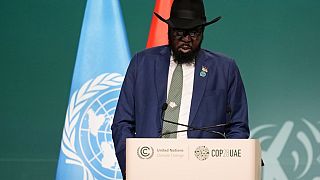


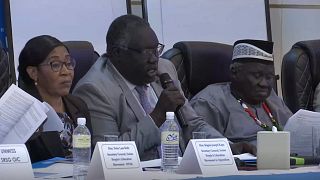
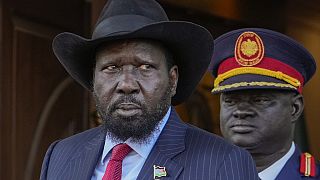
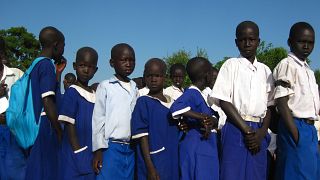
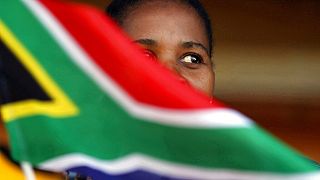
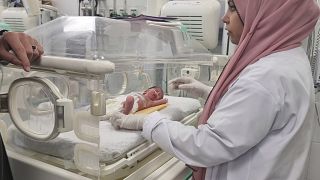

01:25
UN calls for de-escalation as fighting intensifies for control of North Darfur state capital
01:26
Universal social protection needs more financing, says ILO
01:38
Sexual violence in conflict increased by 50% in 2023, says UN
Go to video
Police evict migrants from a makeshift tent camp in Paris
01:01
Israel-Hamas war: Humanitarian aid parachuted into northern Gaza
01:58
About 15 million Sudanese in need of urgent health assistance